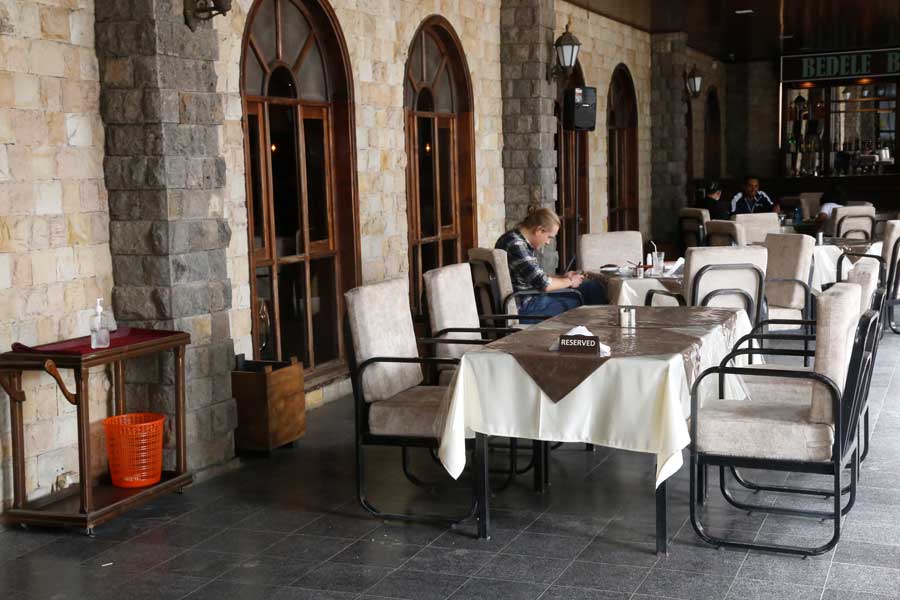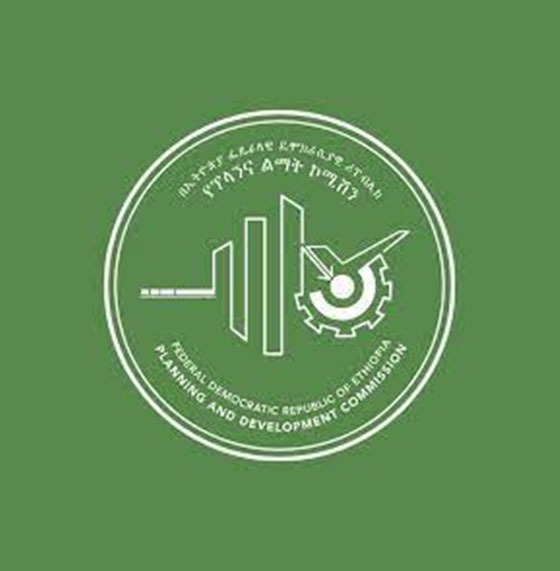
Featured | Jul 06,2019
May 11 , 2024
By Mariana Mazzucato , Rainer Kattel
The COVID-19 pandemic, inflation, and wars have alerted governments to the realities of what it takes to tackle massive crises. In extraordinary times, policymakers often rediscover their capacity for bold decision-making. The rapid speed of COVID-19 vaccine development and deployment was a case in point.
But, preparing for other challenges requires more sustained efforts in "mission-driven government." Recalling the successful language and strategies of the Cold War-era moonshot, governments worldwide are experimenting with ambitious policy programs and public-private partnerships in pursuit of specific social, economic, and environmental goals. For example, the Labour Party's five-mission campaign platform in the United Kingdom has kicked off a vibrant debate about whether and how to create a "mission economy".
Mission-driven government is not about achieving doctrinal adherence to some original set of ideas; it is about identifying the essential components of missions and accepting that different countries might need different approaches. As matters stand, the emerging landscape of public missions is characterised by a re-labelling or repurposing of existing institutions and policies, with more stuttering starts than rapid takeoffs.
But that is okay. We should not expect a radical change in policymaking strategies to happen overnight, or even over one electoral cycle.
Particularly in liberal democracies, ambitious change requires engagement across a wide range of constituencies to secure public buy-in, and to ensure that the benefits will be widely shared. The paradox at the heart of mission-driven government is that it pursues ambitious, clearly articulated policy goals through myriad policies and programs based on experimentation.
This embrace of experimentation is what separates today's missions from the missions of the moonshot era (though it does echo the Roosevelt administration's experimental approach during the 1930s New Deal). Major societal challenges, such as the urgent need to create more equitable and sustainable food systems, cannot be tackled the same way as a moon landing. Such systems consist of multiple technological dimensions (in the case of food, these include everything from energy to waste management), and involve widespread and often disconnected agents and an array of cultural norms, values, and habits.
Transforming such complex systems requires a portfolio of programs aimed at a common goal, not a strategy dictating how each sector or enterprise should solve its respective part of the challenge. Rather than trying to conceptualise the complexity away, today's successful missions will make it central to policymaking.
Success thus depends on understanding what missions are not supposed to be. For starters, missions are not top-down planning exercises directed by omniscient policymakers. The process relies on entrepreneurial discovery and competition in the private sector to push along the experimentation needed to figure out which solutions work.
Nor are missions synonymous with industrial policy, but they can (and arguably should) shape such policies and clarify their purposes or success metrics.
For example, what does a policy to boost competitiveness mean? Are we talking about increasing productivity, exports, and GDP, or about wages and more sustainable forms of growth?
The latter would require a mission directive because markets on their own would not necessarily deliver the intended outcomes. Missions are not only about science, technology, and innovation policies. Investing in high-quality education and basic research does not require a mission. We already know that doing so yields broad social and economic benefits. But when we want education and research to help us address a specific challenge, we need a mission.
For example, if the UK hopes to leverage its innovation system to tackle inequality, it must ensure that funding contributes to the diversity of what is being studied, researched, or developed.
Likewise, overall growth is not a mission. Of course, missions can encourage cross-sectoral collaboration, innovation, and investments to pursue a single goal, thereby generating technological spillovers, contributing to productivity and job creation, and ultimately generating economic growth. But, reciprocity must be built into contracts: subsidies, loans, and guarantees should be conditional on the business sector investing in innovation, leading to better (more inclusive and sustainable) production and distribution systems.
For example, the US CHIPS and Science Act requires semiconductor companies that receive public funds to reinvest profits (instead of buying back their shares) in improved working conditions and energy-efficient supply chains. When properly structured in this way, missions can have a multiplier effect, generating greater business investment and ultimately boosting GDP more for every dollar invested.
Simply agreeing on ambitious, societally relevant goals is not enough. Missions require a fundamental rethinking of policymaking tools and processes. Yes, prescribing specific solutions, building Gantt (project-management) charts, and layering on hefty reporting requirements will not excite anybody. But it is equally true that providing open-ended, no-string-attached subsidies to businesses will not produce the kind of growth we want, nor will it serve the common good.
Missions require significant investment in the public sector's capacity. Without this, we will always hear that mission-oriented government is a pipe dream – precisely the argument used to justify years of outsourcing to private consultants.
The less we believe that governments can do anything other than fix market failures, the less we will invest in the public sector's broader potential. While it is not easy to direct innovation through outcomes-oriented policies, bottom-up innovation across sectors, and inter-ministerial processes, it is possible. The problem is that we remember this only during wars or crises. We founded the UCL Institute for Innovation & Public Purpose to change how outcomes-oriented civil service is perceived, and to put "new economic thinking" about market-shaping policies to real-world use.
From Australia and Sweden to Brazil, there are great examples of innovation agencies experimenting with new ways of working: testing solutions through pilot projects and incorporating successful programs into larger portfolios of interventions. These efforts have also required organisational innovations, from creating new roles to fostering new management cultures.
Mission-driven government is critical to achieving sustainable and inclusive economic growth and tackling the big challenges countries face. It does not need to follow a fixed path, but it does call for fundamental changes to how governments work and greater investment in public-sector capabilities.
PUBLISHED ON
May 11,2024 [ VOL
25 , NO
1254]

My Opinion | Nov 16,2024

Agenda | Sep 27,2020

Fortune News | Jul 31,2021

Agenda | Dec 01,2024

Fortune News | Jan 15,2022

Photo Gallery | 177787 Views | May 06,2019

Photo Gallery | 168000 Views | Apr 26,2019

Photo Gallery | 158703 Views | Oct 06,2021

My Opinion | 137011 Views | Aug 14,2021
Commentaries | Oct 25,2025

Dec 22 , 2024 . By TIZITA SHEWAFERAW
Charged with transforming colossal state-owned enterprises into modern and competitiv...

Aug 18 , 2024 . By AKSAH ITALO
Although predictable Yonas Zerihun's job in the ride-hailing service is not immune to...

Jul 28 , 2024 . By TIZITA SHEWAFERAW
Unhabitual, perhaps too many, Samuel Gebreyohannes, 38, used to occasionally enjoy a couple of beers at breakfast. However, he recently swit...

Jul 13 , 2024 . By AKSAH ITALO
Investors who rely on tractors, trucks, and field vehicles for commuting, transporting commodities, and f...

Oct 25 , 2025
The regulatory machinery is on overdrive. In only two years, no fewer than 35 new pro...

Oct 18 , 2025
The political establishment, notably the ruling party and its top brass, has become p...

Oct 11 , 2025
Ladislas Farago, a roving Associated Press (AP) correspondent, arrived in Ethiopia in...

Oct 4 , 2025
Eyob Tekalegn (PhD) had been in the Governor's chair for only weeks when, on Septembe...

Oct 25 , 2025 . By YITBAREK GETACHEW
Officials of the Addis Abeba's Education Bureau have embarked on an ambitious experim...

Oct 26 , 2025 . By YITBAREK GETACHEW
The federal government is making a landmark shift in its investment incentive regime...

Oct 27 , 2025
The National Bank of Ethiopia (NBE) is preparing to issue a directive that will funda...

Oct 26 , 2025 . By SURAFEL MULUGETA
A community of booksellers shadowing the Ethiopian National Theatre has been jolted b...